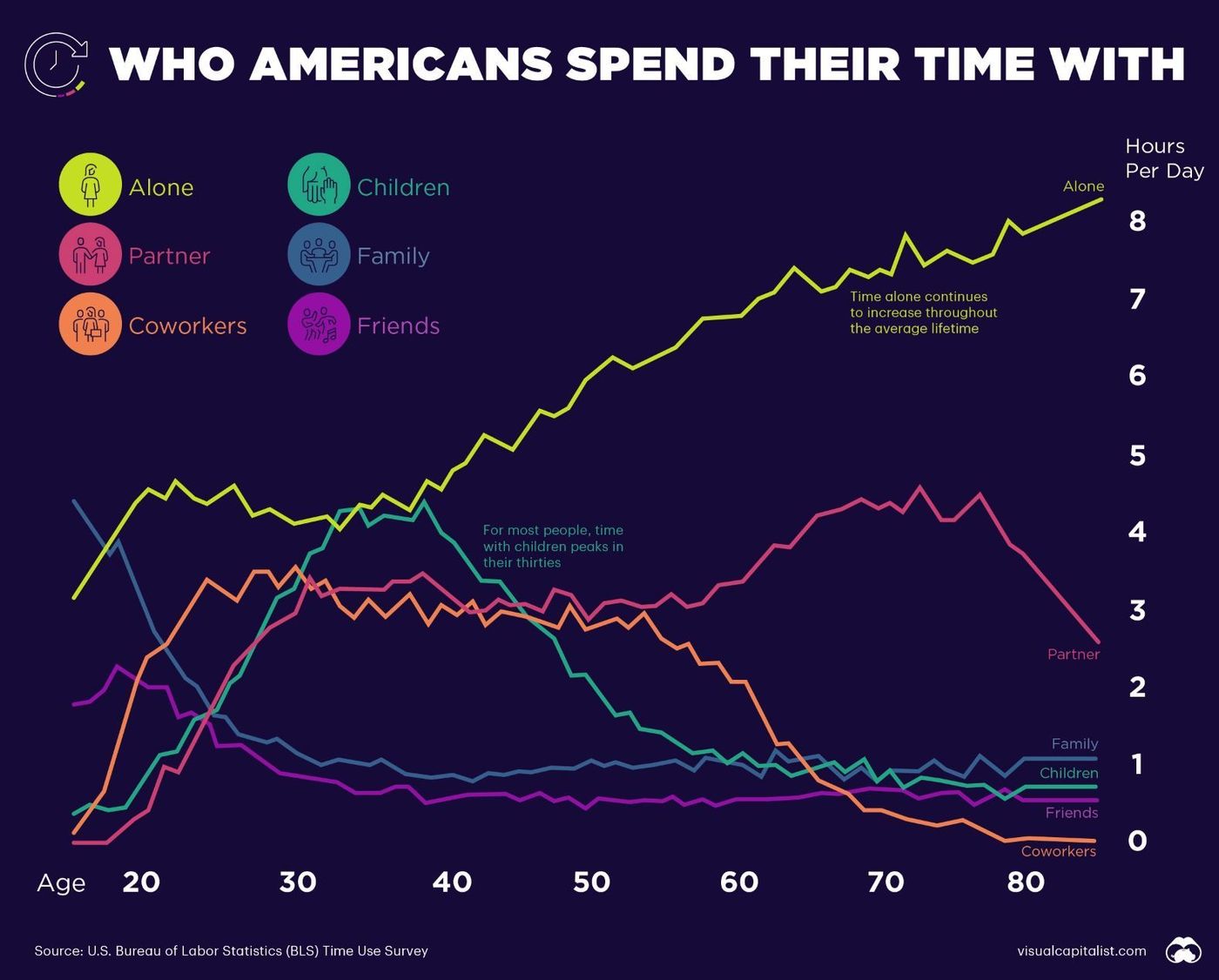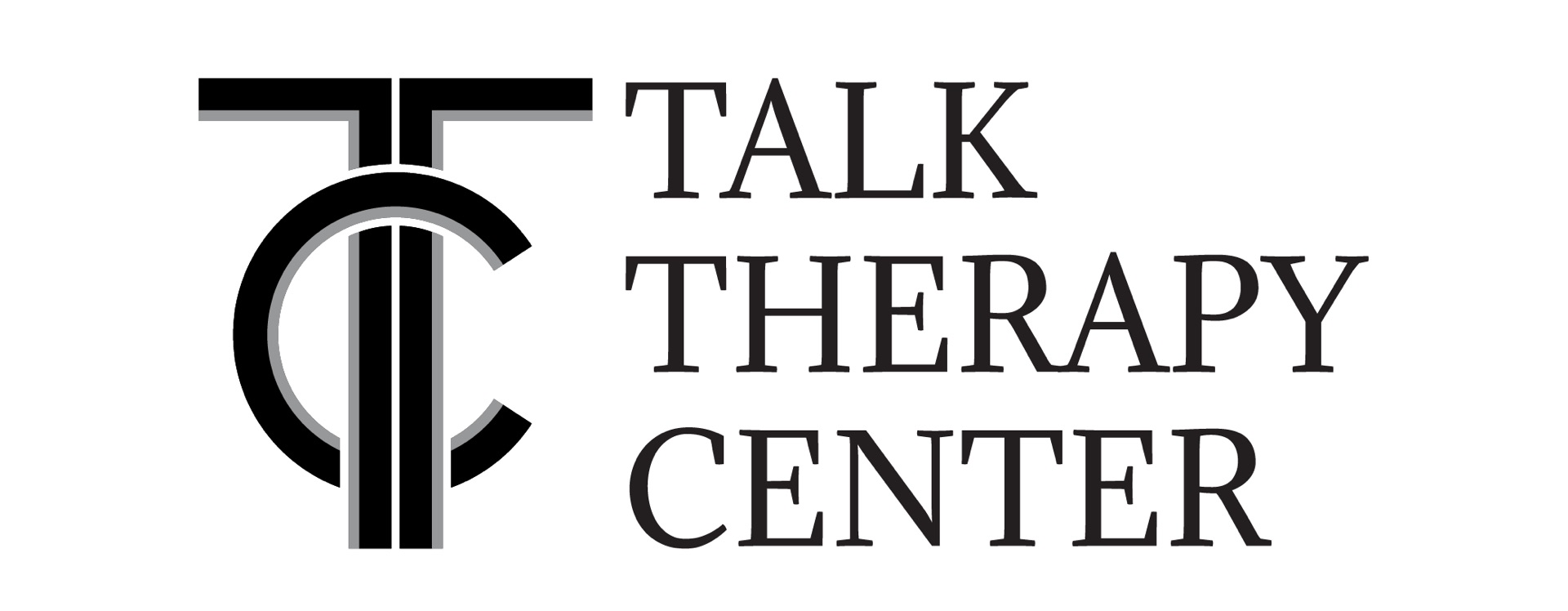Loneliness is a Public Health Crisis

Loneliness is a Public Health Crisis
By Ashley Hutchinson, LCSW
We feel loneliness when our need for social contact and rewarding relationships are not met. Outside of the psychological pain loneliness creates, loneliness also feels biologically threatening at a subconscious level. Humans are animals. Specifically, they are mammals. Mammals survive together in communities such as packs, pods, herds, and tribes. When we feel disconnected from others, lack healthy relationships, and feel socially anxious, our nervous systems interpret this as a threat in the deepest parts of our brains that house the most primal biological urges. Housed within the autonomic nervous system is your parasympathetic nervous system. This is responsible for what you are likely to know as “fight or flight” responses. When the “fight or flight” response is triggered, the central and autonomic nervous systems work hard to protect you from what feels threatening to your safety. When our safety feels threatened, we often find ourselves isolated, alone, and overwhelmed in the modern world. We attempt to problem solve through situations that we need other humans included to feel connected and safe.
Before the COVID-19 pandemic, loneliness and social anxiety were already on the rise. Over the last three years since the COVID-19 pandemic started, it has become obvious that the viral pandemic has now led our society into another pandemic. A psychological, social, and emotional pain pandemic that psychotherapists are on the frontlines of treating. Each day, I see people struggling to have their social needs met, and it is becoming more and more problematic. The newest research indicates that Millennials and Gen Z are the loneliest generations academia has studied. I theorize that there are many reasons for this including high levels of distrust in one another, society no longer prioritizing social gatherings such as large family meals or birthday parties with people we love, the cruel things social media allows one another to say to people with little to no consequence for cruel behaviors, and an unconscious message fed to the masses that “people who disagree with you are bad, you should avoid them.” I often say in therapy, I do not use words like bad and good because these are subjective and opinion-based words. Are there unhealthy or negative behaviors humans display? SURE, ABSOLTUELY! Are humans ALL bad or ALL good? No way. Humans are far too complex and nuanced to be pigeonholed into such basic camps. But when simple messaging like “people good, people bad” are coded into your brain’s wiring, people become exactly that. Good or bad. To be trusted or to be banished.
 I remember when my husband got out of the Army a few years back. We were really searching for somewhere to belong when we moved back home to California. He would eventually find a martial arts community that loved on him, gave him healthy brotherhood, exercise, and assured him that he belonged. I would find my way to community service in various capacities that provided me with friends who understood me, cared about the things I also cared for, and accepted me for who I am. For the both of us, this meant pushing ourselves outside of our comfort zone, reaching out to strangers, and allowing these once strangers to become close friends. This feels terrifying for many of us Millennials because no one told us in our youth that outside of school, there will not be a natural daily pipeline such as sitting in our classes together to make friends. We must put ourselves out there vulnerably to make close friendships. As Brene Brown, LMSW wisely stated in a now famous TED Talk, “vulnerability is the birthplace of healthy relationships and connection.” We are vulnerable when we tell someone safe about our emotional pain. We are vulnerable when we talk to someone from an opposing viewpoint with objectivity. We are vulnerable when we can be authentically us without “wearing a mask” in front of others in hopes of avoiding the potential emotional pain of social rejection.
I remember when my husband got out of the Army a few years back. We were really searching for somewhere to belong when we moved back home to California. He would eventually find a martial arts community that loved on him, gave him healthy brotherhood, exercise, and assured him that he belonged. I would find my way to community service in various capacities that provided me with friends who understood me, cared about the things I also cared for, and accepted me for who I am. For the both of us, this meant pushing ourselves outside of our comfort zone, reaching out to strangers, and allowing these once strangers to become close friends. This feels terrifying for many of us Millennials because no one told us in our youth that outside of school, there will not be a natural daily pipeline such as sitting in our classes together to make friends. We must put ourselves out there vulnerably to make close friendships. As Brene Brown, LMSW wisely stated in a now famous TED Talk, “vulnerability is the birthplace of healthy relationships and connection.” We are vulnerable when we tell someone safe about our emotional pain. We are vulnerable when we talk to someone from an opposing viewpoint with objectivity. We are vulnerable when we can be authentically us without “wearing a mask” in front of others in hopes of avoiding the potential emotional pain of social rejection.
In all of this alarming news on loneliness and social isolation, there is hope. It is NEVER too late, and you are not too old to make new friends. Psychotherapy is one of the best tools we have to combat painful feelings related to social anxiety and loneliness. If you are reading this and feel lonely, please know your people are out there. Join a knitting group, start showing up to book clubs at your local library, try that group fitness class. Your life quite literally depends on you finding ways to decrease loneliness. Current studies show that loneliness can accelerate the aging process more than smoking can! Society has done a wonderful job educating people about the dangers of smoking. When these anti-smoking campaigns started, most Americans smoked. Now, most Americans do not smoke. It is time for psychological and social wellbeing to be taken as seriously as anti-smoking campaigns. People will want to connect to you. You just need to be willing and open to the idea that strangers are not always dangerous. One day, the stranger in front of you now might just become your very best friend.


